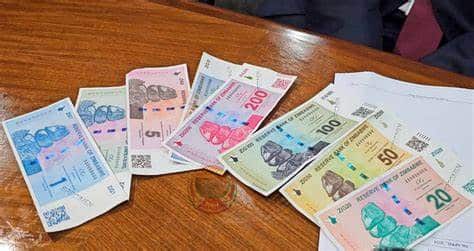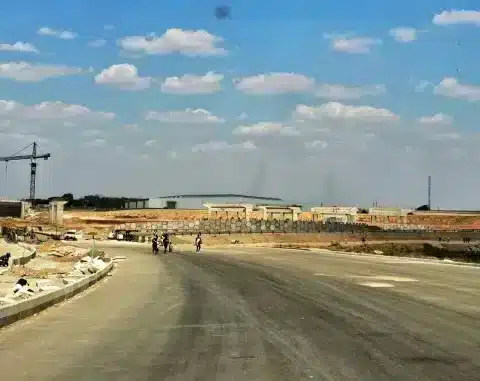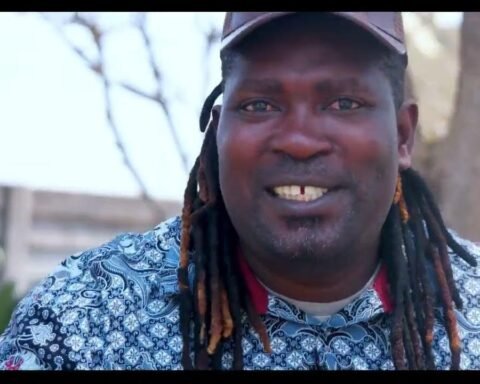In a decisive political maneuver, Zimbabwe’s ruling party, Zanu PF, has solidified its dominance in Parliament by securing a two-thirds majority, a strategic victory that could potentially facilitate President Emmerson Mnangagwa’s tenure beyond the conventional limits. The recent by-elections, held on Saturday, witnessed Zanu PF clinching victories in all six contested constituencies, a move that has significantly bolstered its parliamentary representation to 190 members, surpassing the requisite 184 mark attained in the previous December by-elections.
This political landslide occurred amidst a backdrop of internal discord within the opposition party, Citizens Coalition for Change (CCC), which saw its Secretary General Sengezo Tshabangu initiating recalls leading to these pivotal by-elections. The CCC’s attempts to challenge Zanu PF’s dominance were notably unsuccessful, with only one of its candidates crossing the 1,000 vote threshold, underscoring a period of turmoil and fragmentation within its ranks.
The by-elections unfolded under contentious circumstances, with notable opposition figures such as CCC’s Organising Secretary Amos Chibaya and firebrand Ostallos Siziba being precluded from re-contesting their seats, a development attributed to legal battles spearheaded by Tshabangu. These legal interventions, sanctioned by the High Court, effectively removed several CCC candidates from the ballot, further diminishing the opposition’s presence in the electoral race.
Zanu PF’s electoral triumph was not confined to the parliamentary arena alone; the party also made significant inroads in local governance, capturing 20 out of 23 Wards, while the opposition managed to secure just three. This comprehensive victory was partly facilitated by the High Court’s ruling, which led to the uncontested win of five additional constituencies for Zanu PF, further cementing its legislative and local governance foothold.
Despite the constitutional impediment that precludes President Mnangagwa from extending his presidency beyond two terms through a mere parliamentary amendment, the ruling party’s newfound parliamentary majority has ignited discussions about the potential for constitutional changes. According to ZimFact, any attempt to extend the presidential tenure beyond the stipulated two terms would necessitate not just a parliamentary majority but also a favorable outcome in a national referendum, indicating the complexities involved in altering the tenure provisions for the presidency.
This development marks a significant moment in Zimbabwe’s political landscape, highlighting the enduring influence of Zanu PF and setting the stage for potential constitutional debates concerning the future of presidential tenure in the country.








